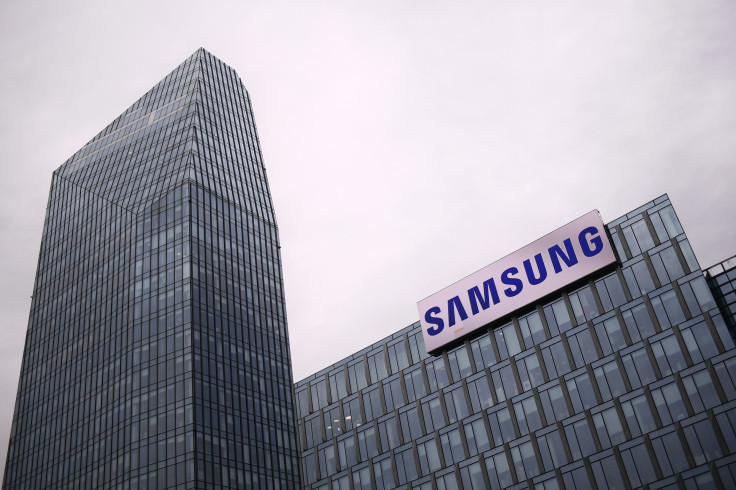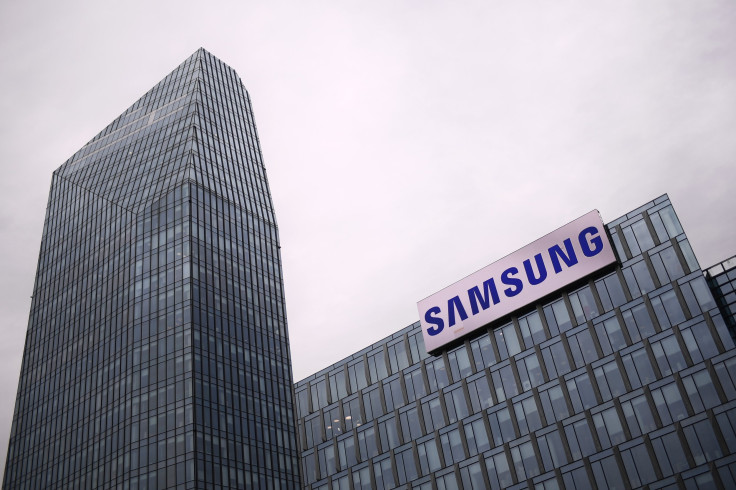Samsung Announces Next-Generation LPDDR5 Mobile Chip

As smartphones become more ubiquitous and as users continue to find new reasons to depend on them, there is more need for technological improvement and enhancement. Samsung announced in a company press release Tuesday that it had developed an industry-first chip that will, eventually, make phones significantly faster and more efficient.
The numbers-heavy news release revealed that the South Korean-based company successfully made the first LPDDR5 DRAM chip. Before delving into the complicated details, the short explanation is that Samsung made a memory chip that will set new industry standards for speed and power consumption in mobile devices.
New 8Gb LPDDR5 boasts a 1.5 times faster data rate and maximized power efficiency than the mobile DRAM chips used in current flagship mobile deviceshttps://t.co/MdswolHMAr
— Samsung Electronics (@Samsung) July 16, 2018
LPDDR stands for “low power double data rate,” while DRAM stands for “dynamic random-access memory.” In essence, LPDDR DRAM is what makes mobile devices like phones and tablets efficiently hum along and do things like stream HD video or play games without draining too much power.
Eight gigabits of LPDDR5 DRAM would make a phone work 1.5 times as quickly as Samsung’s LPDDR4X flagship devices, according to the press release. According to Samsung, it could even transmit 14 high definition video files per second.

It would be able to enhance a device in all of these ways while cutting power consumption by as much as 30 percent. A new “deep sleep mode” would use around half the power that the sleep function in phones running on LPDDR4X uses. Basically, once Samsung gets mass production of the new chip up and running, its phones will be significantly faster and the battery will last significantly longer.
Beyond that, Samsung said it could power machine learning, artificial intelligence and more. Mobile devices running LPDDR5 will support Ultra HD videos, as well.
As to when that will come to fruition, Samsung has been non-committal. The chips will be mass produced at a plant in Pyeongtaek, South Korea, “in line with the demands of global customers.” In layman’s terms, that likely means it should happen when phones containing the chip are not out of consumers' price range.
© Copyright IBTimes 2025. All rights reserved.



















